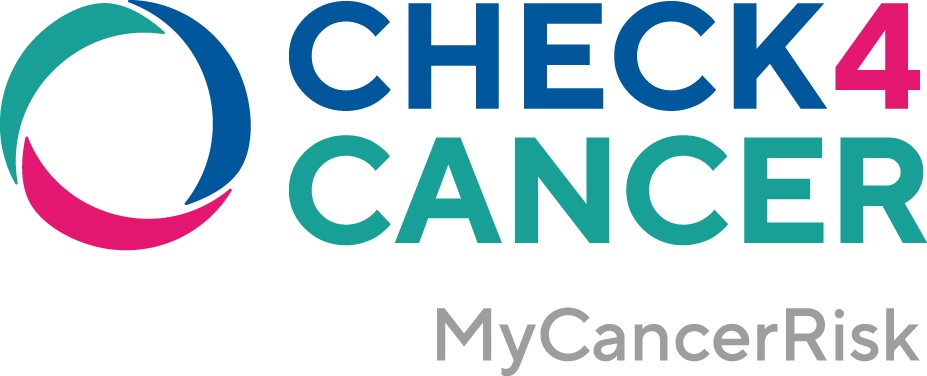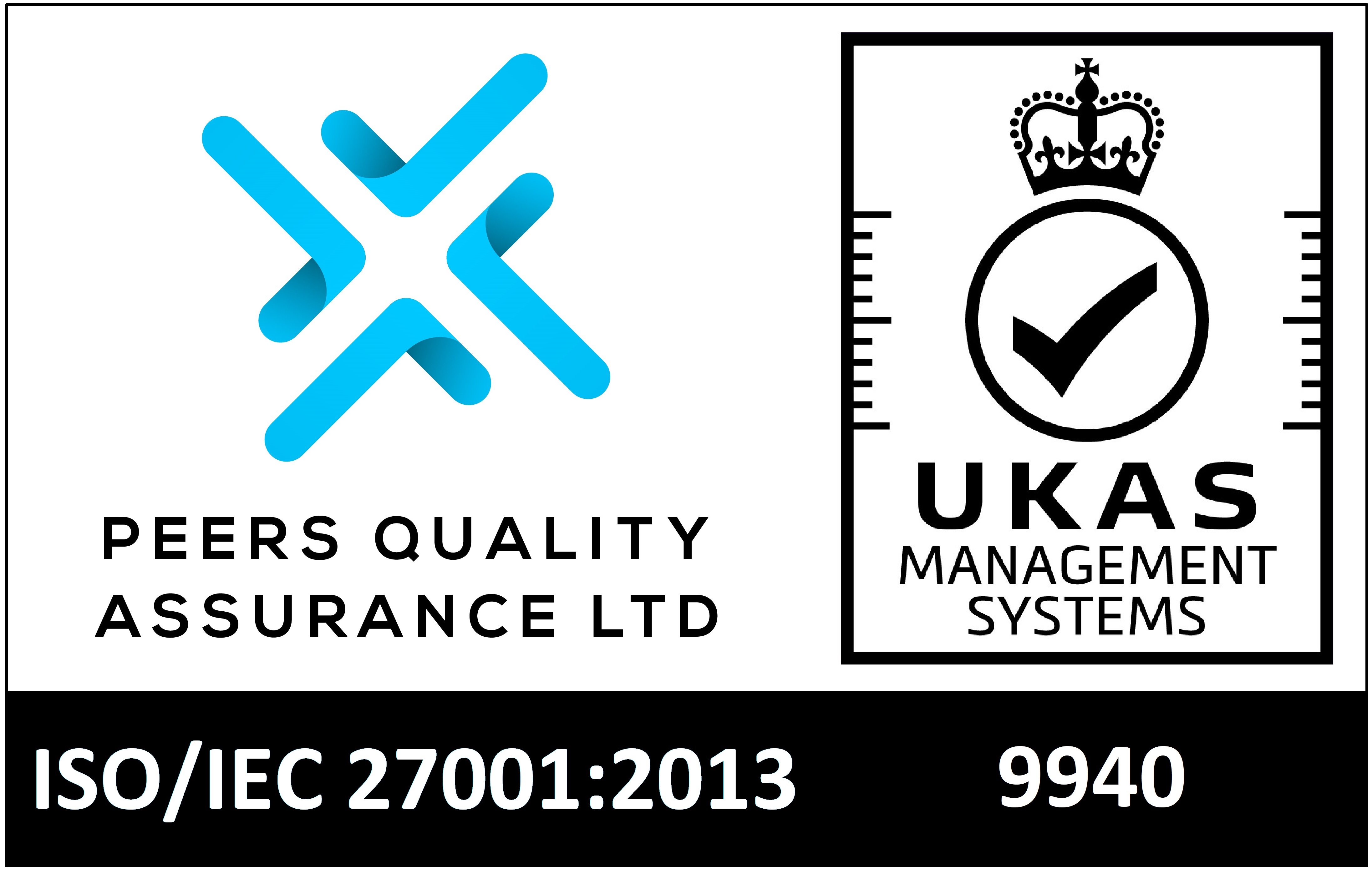Ask the Expert: Breast Cancer
In the second of our Ask the Expert blog series, Professor Simon Russell, Consultant Oncologist and Clinical Advisor for Breast Cancer at Check4Cancer, offers answers to some of your most pressing questions, providing a better understanding of the risks and symptoms of breast cancer to look out for.
Who is most at risk of breast cancer and what are the risk factors?
The risk of developing breast cancer increases with age, so women over 50 are the highest risk group. That said, there are other factors that can increase risk: a family history of breast or ovarian cancer, reproductive history (such as early first menstruation and late menopause), exposure to certain drugs (including some forms of hormone replacement therapy), and previous radiation exposure should all be considered. Lifestyle factors are also important including weight, level of physical activity, diet and alcohol consumption.
Am I more at risk of breast cancer if someone in my family has it?
If you have a strong family history of breast and/or ovarian cancer, particularly at a young age, there may be a genetic predisposition, increasing your risk of breast cancer. It is certainly worth talking to your GP about your family history and considering genetic counselling.
Genetic counsellors will be able to answer questions about yours, and your family’s, genetic cancer risks, explain the underlying causes of cancer where possible, assess your suitability for genetic testing and explain your results following testing.
Why is it so important to check your breasts regularly?
Self-examination is a simple and entirely safe method of detecting changes in your breasts. It is important to do this regularly to be aware of your normal breasts and therefore to detect changes at an early stage. Early detection leads to less invasive treatments and better outcomes as cancer can be treated sooner.
How can I check my own breasts?
It is advised to examine your breasts every month at the same time in the month as breasts change throughout the menstrual cycle. You can visit Coppafeel for tips on how to check your breasts.
How often would you recommend having your breasts screened?
Women between the ages of 50 and 70 are invited for regular breast screening (every three years) under the NHS national programme. Screening is intended to reduce mortality by detecting breast cancer at an early stage when there is a better chance of successful treatment. There are also enhanced screening programmes for those at increased risk of breast cancer.
Why is regular screening and early detection so important?
Screening has been shown to detect cancers at an earlier stage which enables earlier treatment, reducing the need for more aggressive treatments and improving outcomes. This is beneficial for both patients and healthcare providers, as it reduces the side effects and costs associated with more aggressive treatments.
What are the rates of survival depending on the stage the cancer is found?
Breast cancer survival varies considerably depending on the stage of the disease at diagnosis. The earlier the cancer is found, the better outcomes for patients¹. The overall survival rates in the UK and the relative rates by stage have doubled¹ over the last 40 years due to a combination of earlier diagnosis and more effective treatment options. 76% of women now survive 10 or more years¹.
What are the treatment options?
Treatment varies greatly between patients based on many factors about both the cancer and the patient. Frequent treatment modalities include surgery, chemotherapy, radiotherapy and hormonal therapy. Advances in our understanding of the genetics of breast cancer has led to the discovery of newer targetted therapies to treat breast cancer, for example Herceptin.
In your experience, how has treatment changed in recent years and how do you see it developing in the future?
Treatment has changed from a “one size fits all” approach to a more tailored approach to suit both the individual patient and the specific nature of the cancer. All aspects of management have improved including less aggressive radiotherapy, new radiotherapy techniques, targeted less toxic chemotherapy options and surgery. In the future it is likely that treatment will be planned according to the specific DNA changes in a given breast cancer. This should improve outcomes and reduce unnecessary treatment for patients.

Professor Simon Russell
Clinical Advisor for Breast Cancer at Check4Cancer
Professor Simon Russell is a Consultant Oncologist at Addenbrooke’s Hospital, Cambridge and Hinchingbrooke Hospital, Huntingdon. He leads the Urological Malignancy Service and has previously been lead clinician for the breast service. He is the lead for Radiotherapy for Genesis Cancer Care, Cambridge. He has served as the secretary of the British Uro-Oncology Group 2003-2015 and remains a Trustee. He was appointed Professor of Oncology at the University of Rome Medical School, Tor Vergata 2015. Simon joined Check4Cancer in 2018.




